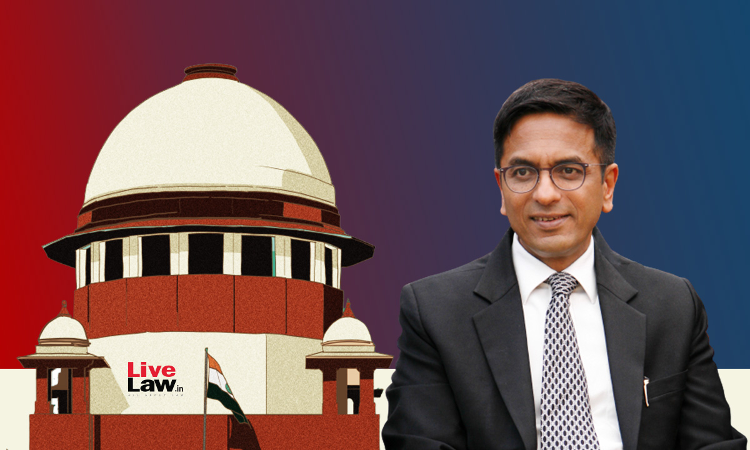Justice DY Chandrachud was invited as the Chief Guest at the 9th Convocation of National Law University Delhi where he delivered the Convocation Address for the outgoing batch of students. At the very outset, he expressed his awe at the number of gold medals bagged by female students in the University. He said–"It's just an indicator of the times that we live in and the times that are going...

